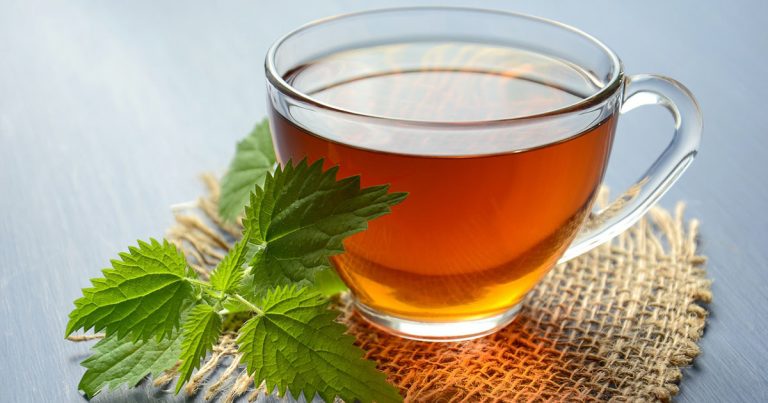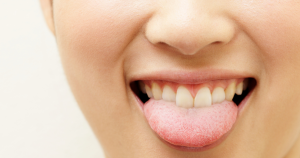Learn how to keep your voice hydrated in the second part of BAST Training’s hydration series. Line Hilton and Alexa Terry share some simple hydration tips and explain the external factors that can dehydrate the voice.
In ‘The Truth About Singing And Hydration’, Alexa and Line looked at how hydration affects the vocal folds. In this article, we explore ways to keep the voice well hydrated and the environmental, habitual and medical factors that can impact hydration.
“Drying of the vocal fold surface can occur due to environmental and behavioural challenges associated with mouth breathing, exercising, and inhaling poorly conditioned air. Vocal fold dehydration can also occur secondary to reduced systemic hydration, emotional factors, and the normal ageing process.” (Vocal Fold Surface Hydration – A Review by Ciara Leydon, Mahalakshmi Sivasankar, Danielle Lodewyck Falciglia, Christopher Atkins and Kimberly V Fisher; Journal of Voice, 2009).
Let’s get started by considering three things that impact optimal vocal fold hydration.
Environment and the condition of air
We may be tempted to use an air cooling unit in the summer or crank up the heat when Jack Frost pays a visit in the winter. Both air conditioning and central heating are drying on the voice. Increase your water intake when in these environments for extended periods.
Mouth breathing
When you inhale, the air directly passes over the surface of the vocal folds. During mouth breathing, the air enters the mouth and throat, rushes between the vocal folds, down the trachea and is delivered to the lungs. Inhaling in this way for long periods can leave that #drymouth feeling.
In contrast, when we breathe through our nose, the air entering the body is filtered. This is because the nose contains turbinates whose sole function is to prepare inhaled air for the lungs by filtering, moistening and warming it. Therefore, nasal breathing is a healthier way of inhaling air.
If you snore, check out this article by The Naked Vocalist on how it might affect your voice.
Medications
Some medications, such as antihistamines and anti-depressants, can be drying. According to The National Centre for Voice and Speech, the antihistamine drug group (including Clarityn) can cause a dry mouth.
“Dry mucous membranes can result in hoarseness, sore throat and voice changes. Dry vocal folds may be more prone to injuries such as nodules.” (NCVS; www.ncvs.org). If you’ve been prescribed medication, don’t make any changes without speaking with your doctor first. If there are no alternatives, then understand you may need to make some lifestyle adjustments to compensate for any side effects from the medication.
Steaming versus nebulising
Both steaming and nebulising immediately increase topical vocal fold hydration, but which method is best? The old-fashioned kettle and bowl or the ‘cool’ contemporary contraption?
Steaming
There are many ways to steam, including hanging your head over a bowl of hot water, sitting in a steamy bathroom, or using a vocal steaming device.
When we steam, we need to monitor the water temperature because it could exacerbate vocal fold oedema if it’s too hot. Also, hold off on adding anything to the water, such as essential oils, as these may make things worse.
Nebulising
With this method, the apparatus breaks the solution down ultrasonically into tiny particles. The singer inhales a cool saline vapour instead of hot steam. Saline is a mixture of sodium chloride (salt) and water and is used to clean wounds and treat dry eyes.
Saline is an isotonic solution; this means body cells maintain stability when they come into contact with it. (In contrast, body cells swell when in contact with a hypotonic solution and shrink with a hypertonic solution).
To match the saline level already present within our body’s cells, singers should use an isotonic saline solution at 0.9% when nebulising.
It’s also important to consider the size of the droplets created. Chris Johnson of The Naked Vocalist writes: “It seems that steam particles are much bigger than those that a nebuliser creates. That means the chance of the steam droplets condensing on the walls of the mouth and throat is much greater. In turn, that means less makes it to the vocal fold level to wet them.”
Read the full article, Steamer or Nebuliser by The Naked Vocalist here.
Despite this, steaming is still better than nothing!
Six ways to keep your voice hydrated
1 Don’t wait until you feel thirsty
Thirst is a helpful reminder from the body to drink, but don’t wait for this sensation before reaching for a glass of water. It’s possible to be dehydrated before you start to feel thirsty. Be consistent and proactive with your water intake, especially before singing days.
2 Pause and swallow
During voice use (whether chatting to a friend or practising repertoire), take a moment to pause and swallow to instigate topical hydration.
3 Set a reminder
Set the alarm on your phone to ring at various times throughout the day to remind you to drink more water.
4 Add some flavour
If you find drinking H20 boring, add a bit of fruit juice or some frozen diced fruits. Slices of lemon, orange, cucumber or mint may interest your tastebuds. You could also opt for sparkling water. Herbal teas, broth and fruit/vegetable juices are also an alternative to water.
5 Mark timings on your bottle
Keeping a glass or bottle of water nearby will act as a visual cue to ‘drink up’. Having timings marked on the side of the bottle can also provide an hour-by-hour hydration goal. It’s probably not a good idea to ink your Mum’s best glassware with a permanent marker, but you can mark up plastic bottles with a Sharpie. You could also check out your high street for shops that sell water bottles with this design.
6 Schedule a morning glug
After eight hours of shut-eye, our system needs hydration. Just as we have learnt to brush our teeth twice a day, create a new habit of drinking a large glass of water every morning. You can do this while the kettle boils or as you wait for your breakfast to spring from the toaster. Over time, it will become an unconscious part of your morning routine.




